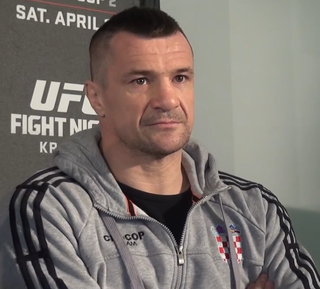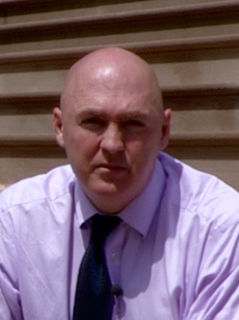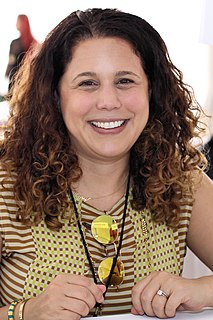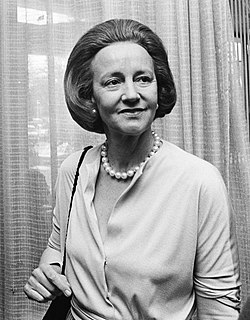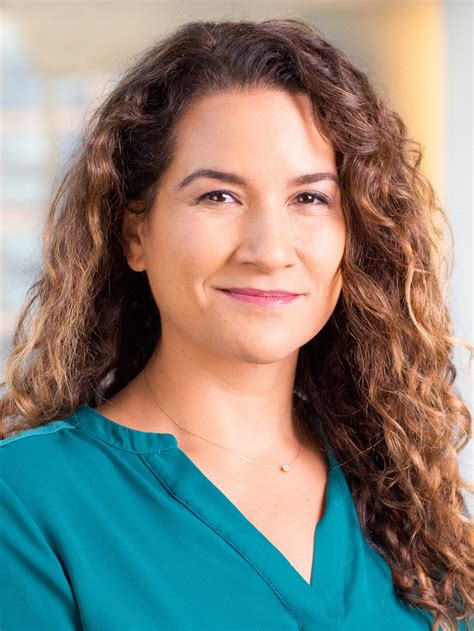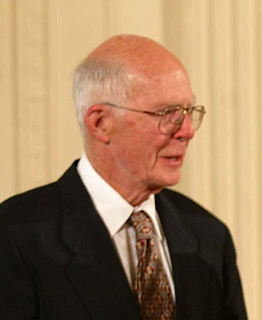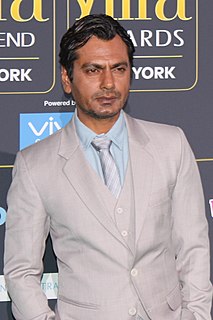A Quote by Mona Eltahawy
In 1993, I joined Reuters as a correspondent in its Cairo bureau.
Quote Topics
Related Quotes
Both of these places, Cairo's downtown and Tahrir Square, are in the heart of downtown Cairo. They are places where young people gather to exchange political and cultural ideas. And so that's possibly a factor into why they went after these institutions, although there's been no public comment from the government on why these raids happened.
I joined the 'Times' in 1972, and I came with the mark of Cain on me because I was clearly against the war. But my editor, Abe Rosenthal, he hired me because he liked stories. He used to come to the Washington bureau and almost literally pat me on the head and say, 'How is my little Commie today? What do you have for me?'
More so than any other city on the African continent, the people of Cairo look like the American Negroes in the sense that we have all complexions, we range in America from the darkest black to the lightest light, and here in Cairo it is the same thing; throughout Egypt, it is the same thing. All of the complexions are blended together here in a truly harmonious society.
I grew fond of acting rather late. And that was because I was not getting any job. I had a few friends in Delhi who were associated with theater. They took me to see some plays in Delhi and Baroda. That led me to believe the I could also act. And it was after that I joined National School of Drama in 1993.
The Cairo conferenceis about a complicated web of education and employment, consumption and poverty, development and health care. It is also about whether governments will follow where women have so clearly led them, toward safe, simple and reliable choices in family planning. While Cairo crackles with conflict, in the homes of the world the orthodoxies have been duly heard, and roundly ignored.


